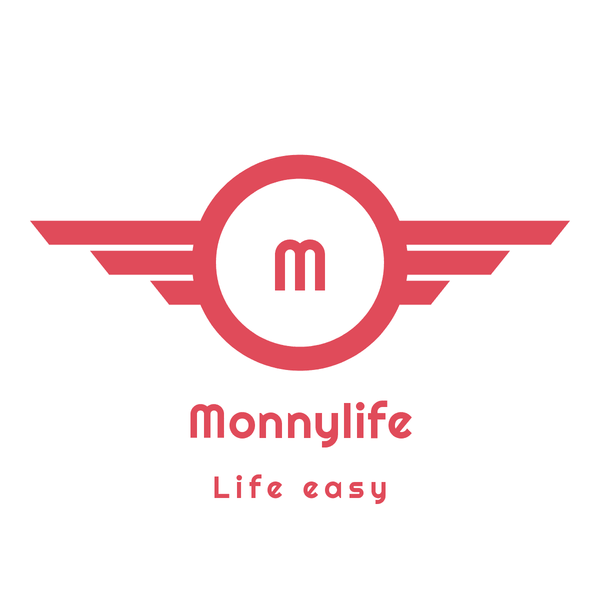The five most worthwhile investments in life:
- invest in health through exercise;
- invest in appearance through self-discipline;
- invest in relationships with sincerity;
- invest in ability through learning;
- invest in character with kindness.
When most people talk about "investment", they think of money.
But in life, the five more fundamental forms of capital that are truly worth allocating to are health, appearance, relationships, abilities and character.
Their common feature is that they are compoundable, inflation-resistant and portable.
Focusing your time and attention on these assets may not yield immediate returns, but they can help you take on risks and magnify opportunities at critical junctures.
1、Invest in health with exercise: Raise the "baseline of life"
Health is not an add-on; it is the "system ceiling" for all outputs.
The benefits of regular exercise are first manifested in available energy (less fatigue), stability of attention (less distraction), and emotional resilience (faster return to balance when encountering setbacks).
These three aspects directly determine a person's learning efficiency, decision-making quality, and social performance.
The common mistake is to equate exercise with "short-term weight management" or "extreme challenges".
The truly sustainable investment is a stable frequency and long-term feasibility: intensity can fluctuate, but the rhythm should be as consistent as possible.
You will find that once the body returns to a positive cycle, many "willpower issues" simply do not occur.
2、 Adopt the image of self-disciplined investment: Let the "visible external" carry the "invisible internal"
Appearance is not about vanity; rather, it is an assessment of your credibility made by the outside world in a very short period of time: self-management, time management, respect for others, and sensitivity to details can all be quickly "read" through your clothing, posture, appearance and expression.
A good image comes from low-friction self-discipline - not brute force, but the design of the environment and processes: a fixed daily routine, simple and appropriate clothing choices, clear communication habits. These "visible self-discipline" will consistently send out consistent signals: reliable, cooperative, trustworthy. Over time, it will become an opportunity pass.
2、 Adopt the image of self-disciplined investment: Let the "visible external" carry the "invisible internal"
Health is not an add-on; it is the "system ceiling" for all outputs.
The benefits of regular exercise are first manifested in available energy (less fatigue), stability of attention (less distraction), and emotional resilience (faster return to balance when encountering setbacks).
3、Invest in relationships with sincerity: Treat trust as a compoundable asset to manage.
The essence of a relationship is a long-term, repetitive cooperative game.
Being sincere does not mean catering to everything; rather, it means being genuine, clear, and predictable: keeping one's word, having clear boundaries, and being accessible in critical moments.
Such a relationship will accumulate "trust dividends", generating recommendations, introductions and mutual support within the community in ways that are invisible to you.
The mistake lies in regarding "sincerity" as a short-term exchange: I treat you well, and you immediately reciprocate.
True relationship investment involves delayed returns and asymmetric benefits: most of the time it's just getting close and understanding each other, while in critical moments a single strong support can be worth years of small talk.
4、Developing investment skills through learning: Make the learning speed faster than the pace of global changes.
The core of ability is not certificates but transferability: whether one can apply what has been learned to new problems.
The most valuable outcome of learning is to establish a thinking pipeline of "problem → model → verification → review", and make it reusable in different scenarios. In this way, the "half-life" of knowledge is not a concern because your learning rate is increasing.
Avoid getting caught up in the "pleasure of information collection".
To determine whether learning truly becomes an asset, two factors should be considered: whether it solves a specific problem; and whether it enables faster resolution of similar problems in the next instance.
Only the ability that can be reused will generate compound interest over time.
5、With a virtuous investment attitude: Purchase "reputation insurance" for long-term negotiations
Kindness and character are risk hedging in a complex society: they place you in a high-trust network, reducing the probability of being cheated, dragged down, or isolated.
Kindness is not about unlimited giving, but rather a principled inclination towards cooperation: respecting others, keeping one's word, providing support within one's capabilities, and being able to refuse unfair exchanges.
In the long journey of life, reputation is like an "invisible credit limit". When you need resources, time or tolerance, it opens the door for you to be understood and fulfilled.
These five types of investments are not five separate paths, They mutually enhance each other:
- Physical activity brings energy and emotional stability,
- self-discipline prevents time and attention from being wasted,
- a good image enhances social trust, sincere relationships provide information and streams of opportunities,
- learning converts opportunities into results,
- kindness and character in the long term reduce collaboration costs and extend the duration of compound interest.

